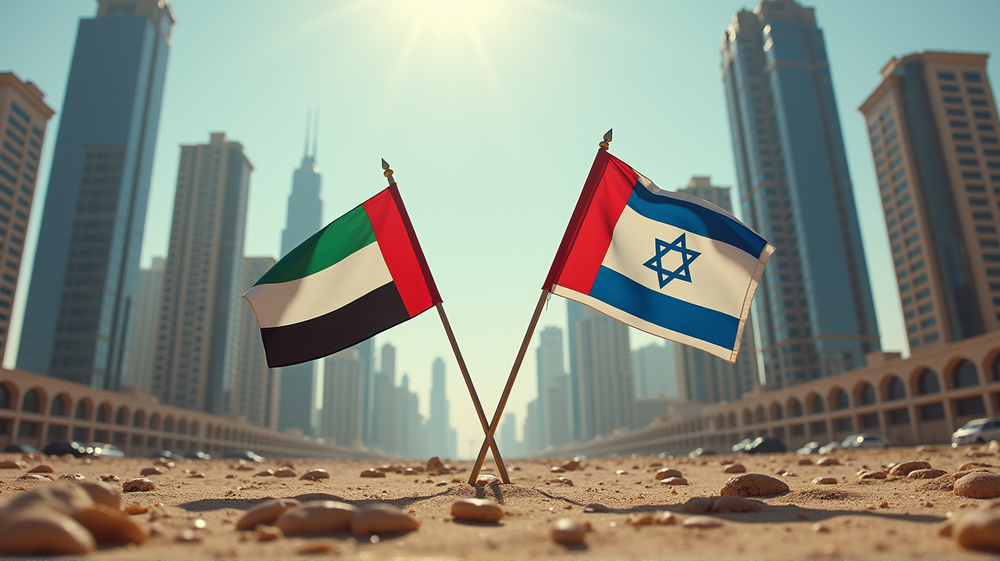Diplomacy between Israel and the UAE has encountered a turbulent chapter, as Israel’s esteemed ambassador to the Gulf state, Yossef Avraham Shelley, finds himself at the center of a scandal. The episode raises questions and casts shadows over the otherwise strengthening ties heralded by the Abraham Accords.
A Night That Changed the Game
It all started with what seemed like an innocent night out. Shelley, accompanied by Israelis including women, was seen at a bar in Abu Dhabi. But appearances can be deceiving—what followed was a spiraling series of events that led the UAE to pronounce Shelley’s behavior as “undignified” and damaging to their dignity. According to Middle East Eye, this development was shocking given the efforts made to nurture a robust partnership between these nations.
Echoes of a Tumultuous Past
This isn’t Shelley’s first brush with controversy. His stint as the Israeli ambassador to Brazil left behind stories that still echo—dining carefree with a controversial president, engaging in dubious interactions over Israeli visas. Could history be repeating itself in the UAE with consequences far more reaching?
The UAE’s Unprecedented Stand
What makes this incident all the more significant is the UAE’s forceful stance. As Abu Dhabi mediates its role as Israel’s closest Arab partner amid tensions over Gaza, it sends a clear message—diplomacy has red lines. The UAE, a mosaic of cultures and nationalities, with its gleaming skyscrapers and vibrant social scene, turned out to be the unlikely stage for a cultural misstep that has sparked ripples across a geopolitical landscape.
Analyzing the Diplomatic Impact
The recall isn’t just a personal setback for Shelley but a diplomatic conundrum. With tensions running high over ongoing conflicts, Israeli Foreign Minister Gideon Saar’s recent diplomatic engagement with the UAE stands at an ironic juxtaposition against this backdrop. How will this affect future negotiations, or the perception of Israel in the region?
Looking Ahead to New Diplomacies
As resolutions hang in balance, both countries have a critical task—to reassess, realign, and reaffirm their commitments to mutual respect and understanding. Just as cited in Middle East Eye, both nations must navigate these choppy diplomatic waters, embracing the lessons learned while forging new paths.
In a landscape where every gesture has magnified significance, Yossef Shelley’s recall stands as a potent reminder of diplomacy’s delicacy—a dance not just of policies but perception.












